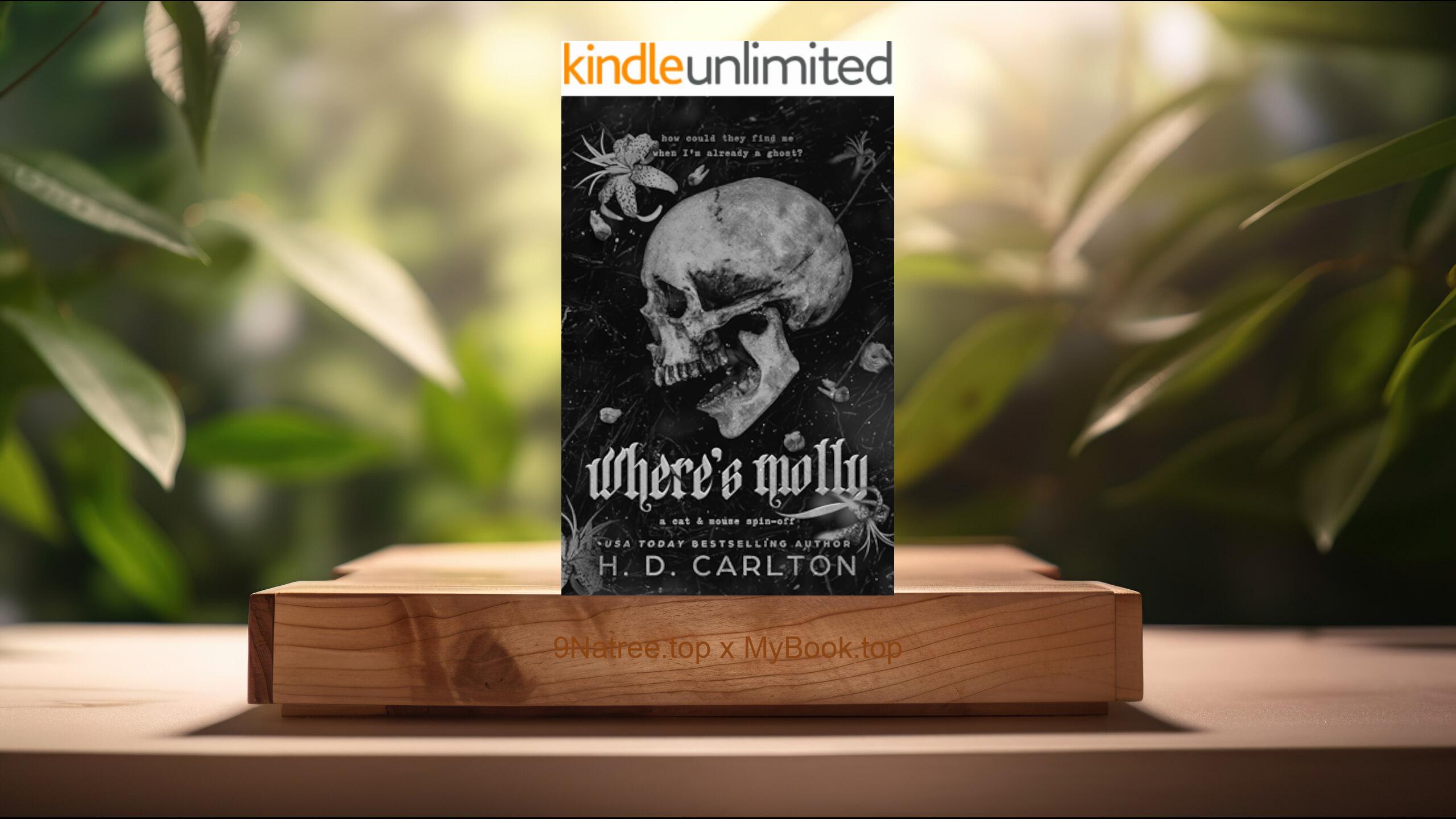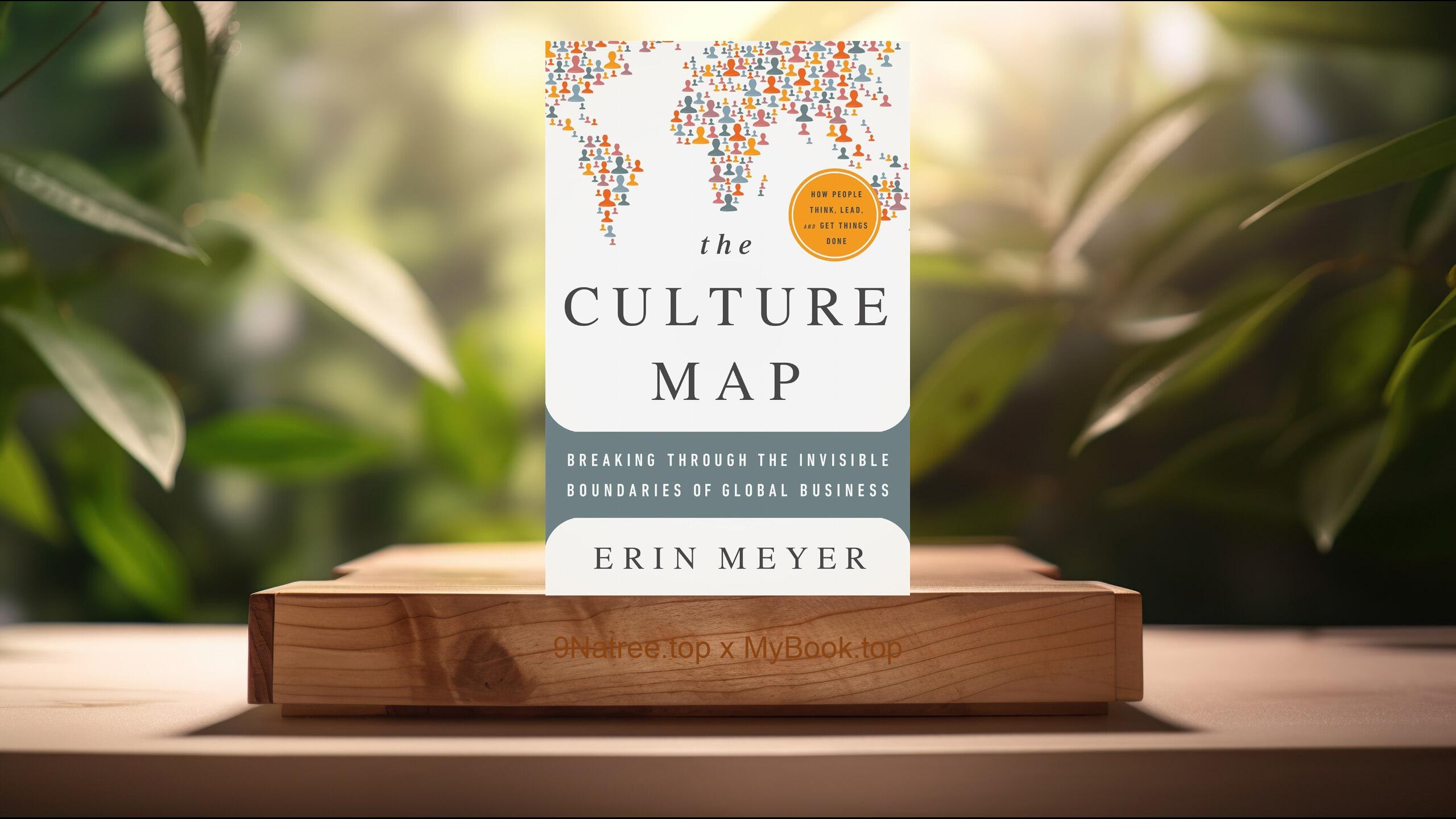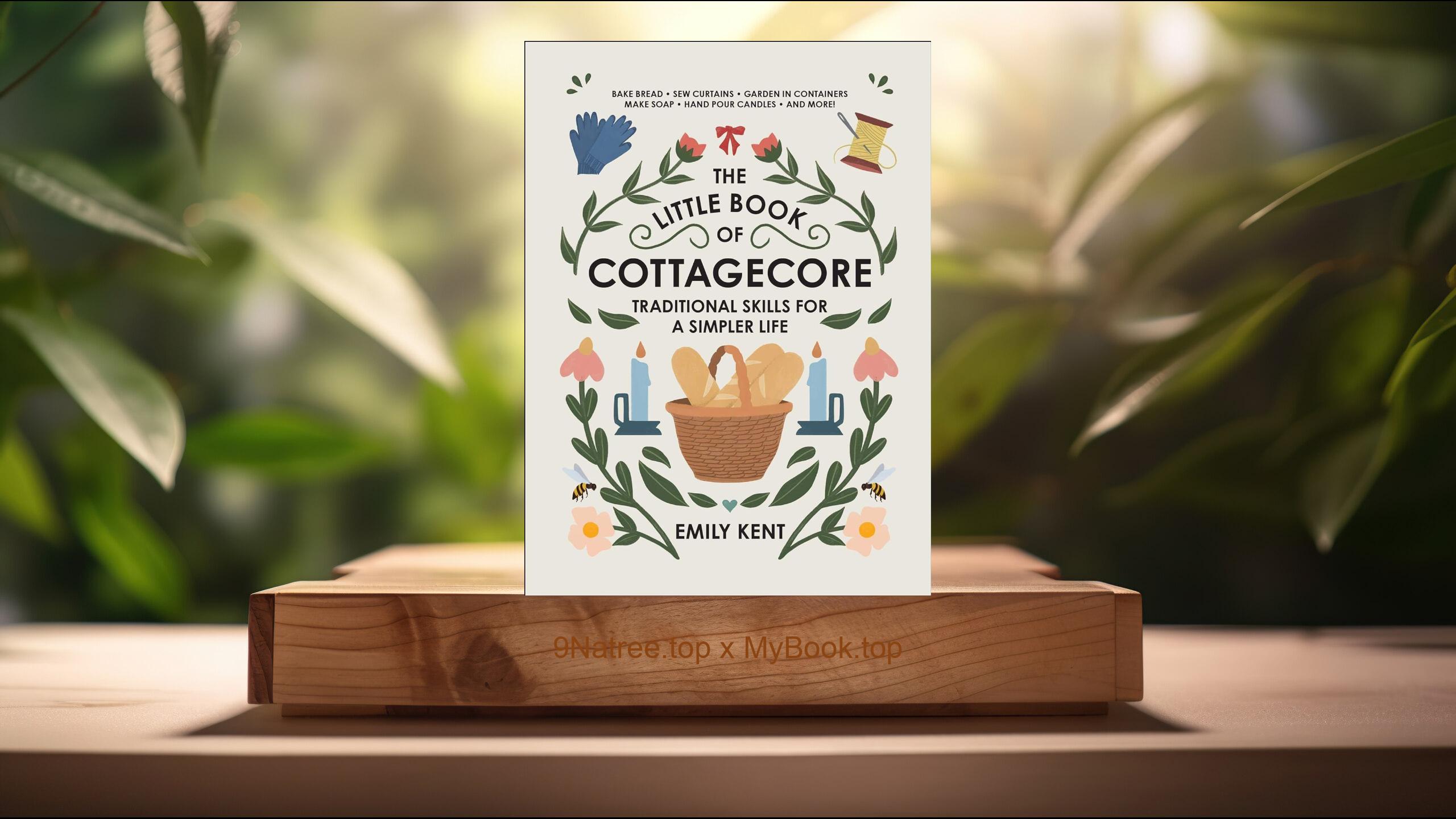Show Notes
- Amazon USA Store: https://www.amazon.com/dp/B083TZV25B?tag=9natree-20
- Amazon Worldwide Store: https://global.buys.trade/Credence-Penelope-Douglas.html
- Apple Books: https://books.apple.com/us/audiobook/made-in-malice-corrupt-credence-book-1-unabridged/id1705116530?itsct=books_box_link&itscg=30200&ls=1&at=1001l3bAw&ct=9natree
- eBay: https://www.ebay.com/sch/i.html?_nkw=Credence+Penelope+Douglas+&mkcid=1&mkrid=711-53200-19255-0&siteid=0&campid=5339060787&customid=9natree&toolid=10001&mkevt=1
- Read more: https://mybook.top/read/B083TZV25B/
#CredenceBook #PenelopeDouglas #EmotionalTrauma #ForbiddenRomance #Selfdiscovery #FamilyDynamics #MentalHealthNovel #ComingofageDrama #Credence
These are takeaways from this book.
Firstly, Family and Loss, Penelope Douglas focuses intensely on the theme of family and loss within Credence. Tiernan's parents were successful yet emotionally distant, leaving her wealthy but deeply solitary upon their untimely demise. Her transition to life with Jake Van der Berg and his sons emphasizes how loss affects interpersonal relationships differently. Engagement with Jake, Noah, and Kaleb brings to the forefront the different ways that grief manifests, as each character exhibits diverse responses to emotional trauma. Douglas carefully weaves the pain of abandonment and the subsequent challenges of creating trust and intimacy following significant loss. Through this exploration, the author illustrates how characters evolve from isolated beings into interconnected individuals because of—not despite—their shared grief. The novel thoroughly explores loss's transformative power, showing how it shapes Tiernan's worldview, self-perception, and personal growth, all while redefining her understanding of family bonds.
Secondly, Self-discovery Amid Isolation, Credence prominently highlights the transformative nature of isolation on a person's self-discovery journey. Set against Colorado's remote, mountainous backdrop, the novel underscores the contrast between Tiernan's previously sheltered urban existence and her new life outdoors in physical isolation. Without societal expectations and pressures, she begins confronting herself honestly and directly for the first time. Her progression permits a connection with her true identity and dreams, further defining who she has been and who she desires to become. Tiernan's solitude, combined with the harsh beauty of her mountainous surroundings, allow readers to witness profound transformations in her character. Through isolation, Douglas creatively expresses an important paradox: solitude can initially feel suffocating but ultimately provide great freedom, clarity, and healing. This process also emphasizes self-reliance, self-accountability, and the crucial paths individuals take toward authenticity and personal truths outside social norms and expectations.
Thirdly, Complexity of Romantic Relationships, Credence has gained attention not merely as a coming-of-age story; it extensively addresses the unconventional intricacy of romantic relationships. Once Tiernan arrives in Colorado, the emotional and physical attraction she develops toward Jake, Noah, and Kaleb raises profound questions about morality, desire, and relationship boundaries. Each connection offers something unique to Tiernan: Jake represents maturity, strength, and stability; Noah embodies warmth, compassion, and friendship; and Kaleb brings passion, intensity, and raw emotion. Through these different romantic explorations, Douglas assesses the nature of desire, attraction, and intimacy free from society's conventions. However contentious, the novel doesn't shy away from addressing taboo and controversial relationship dynamics, inviting readers to challenge preconceived notions and promoting an exploration of love's fluidity, complexity, and variety.
Fourthly, Mental Health and Emotional Trauma, Douglas does an exceptional job in Credence exploring the realm of mental health and emotional trauma with sensitivity and depth. Tiernan, along with Jake, Noah, and Kaleb, each carry buried emotional traumas influencing their behaviors and relationships. The narrative presents mental health realistically and compassionately, particularly addressing repression of feelings, inability to communicate effectively, and struggles linked to past traumas. Kaleb, notably through his silence and complexity, exemplifies profound emotional struggles, illustrating how unprocessed trauma manifests differently and silently through behavior rather than words. The book effectively deciphers the characters' coping mechanisms, patterns of attraction, avoidance, self-destructive tendencies, and eventual paths toward healing. This sincere representation underscores the necessity of acknowledging and addressing mental health openly, highlighting the substantial impact that emotional trauma recovery and mental wellness play in identity-building and forming stable relationships.
Lastly, Defiance of Societal Norms, One of Credence's defining elements is its exploration and defiance of societal norms. Penelope Douglas strategically crafts situations that push beyond traditional boundaries, especially concerning familial dynamics, sexuality, love, and morality itself. The novel ponders deeply over social taboos through each romantic encounter Tiernan develops with her guardians—involving complexities surrounding consent, power dynamics, and conventional acceptability. The story examines the tension between innate human desires and societal constructs, encouraging readers to question their own responses to issues commonly deemed inappropriate or morally ambiguous. The shockingly honest presentation of unconventional relationships challenges the reader’s comfort zone, provoking reflection on the often arbitrary nature of moral judgments society imposes. Through these exploratory themes, Douglas demonstrates courage in her writing, encouraging readers to embrace empathy and understanding above judgment and prejudice.
![[Review] Credence (Penelope Douglas) Summarized](https://episodes.castos.com/660078c6833215-59505987/images/2070742/c1a-085k3-dmzo7nxxhrrr-vfjtw4.jpg)




